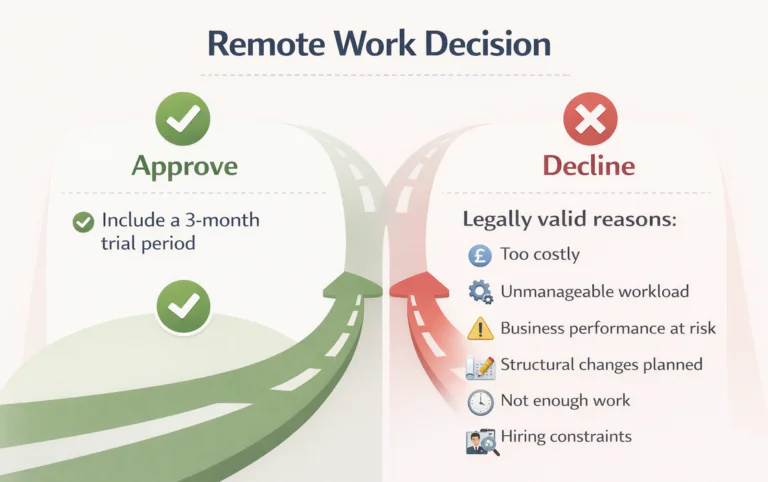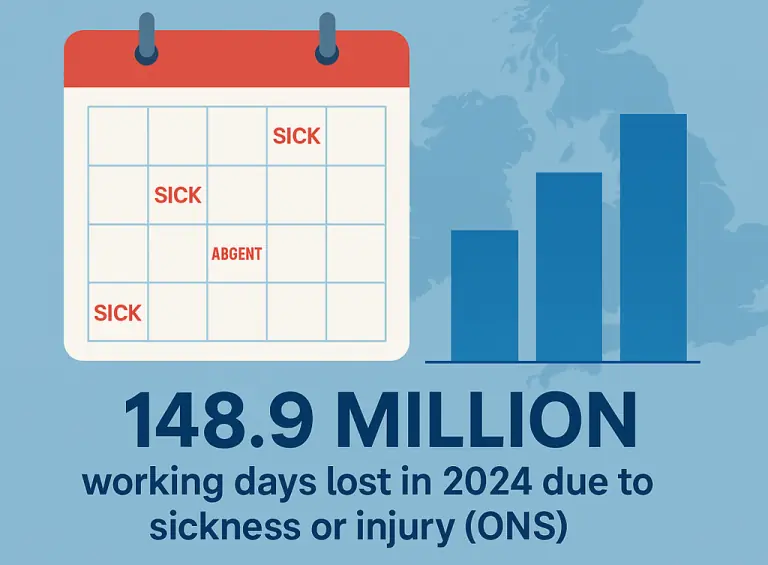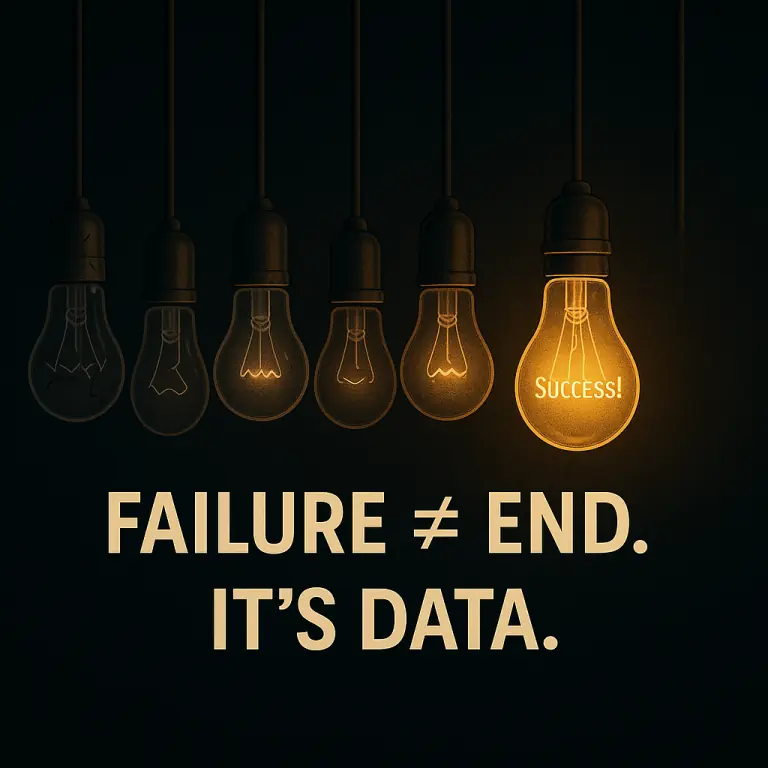
Difficult Conversations At Work [Handled In 5 Simple Steps]
At work, you’re going to have difficult conversations.
But becoming good at them, will boost your career.
From bad performance reviews, to having to let people go:
Difficult conversations can’t be avoided.
You can get personal coaching on our line manager courses if you want more specific advice!
Five Top Tips To Deal With Them
It is one thing to know the effects of having a difficult conversation with an employee.
But it is another to know how to handle one, an assertive management style is essential to deal with these conversations.
1. Plan The Conversation
Be careful not to ambush somebody with negative information on the spot.
They will not receive it well and will most likely react in an emotional way.
2. Be Direct
People always appreciate direct feedback without dancing around the actual subject matter.
Clearly explaining the problem and allowing them to address it will lead to a positive outcome.
3. Use Clear Examples
You can’t tell somebody they aren’t performing to a good standard without explaining why.
Provide concrete examples so that they don’t view this as your opinion.
In a situation like running a performance review, points without evidence will come across as a personal attack.
4. Manage Emotions
You also need to keep your own emotions in check!
Always be firm on your reasons for the conversation, but keep it fact-based.
Do not allow your personal feelings to get involved, especially when dealing with conflict!
5. Be Empathetic
You want the person to understand where you’re coming from while also allowing them time to process the information.
Listen to their explanation and ask questions where you’re not clear. This is especially important.
If the conversation is difficult, the natural tendency is to want to get it over as soon as possible.
A recipe for misunderstandings and making things worse!
Try to stay calm and take the time to really understand them by using active listening.

Why Is This Skill So Valuable?
Being able to handle a difficult conversation shows you can lead.
Your team and colleagues will see you are not afraid to face issues head-on.
And your managers will see that you are someone that can be trusted in a leadership position.
Honing this skill will enhance your leadership skills, improve team performance and build an honest work environment.
Conclusion
Difficult conversations are not easy to have in all instances.
As a manager, you will get more practice being assertive and dealing with difficult people.
Your ability to communicate expands, and these conversations start to feel less difficult and more rewarding.
To learn how to become a great line manager, check out our courses!
- Facebook: https://www.facebook.com/profile.php?id=100066814899655
- X (Twitter): https://twitter.com/AcuityTraining
- LinkedIn: https://www.linkedin.com/company/acuity-training/




